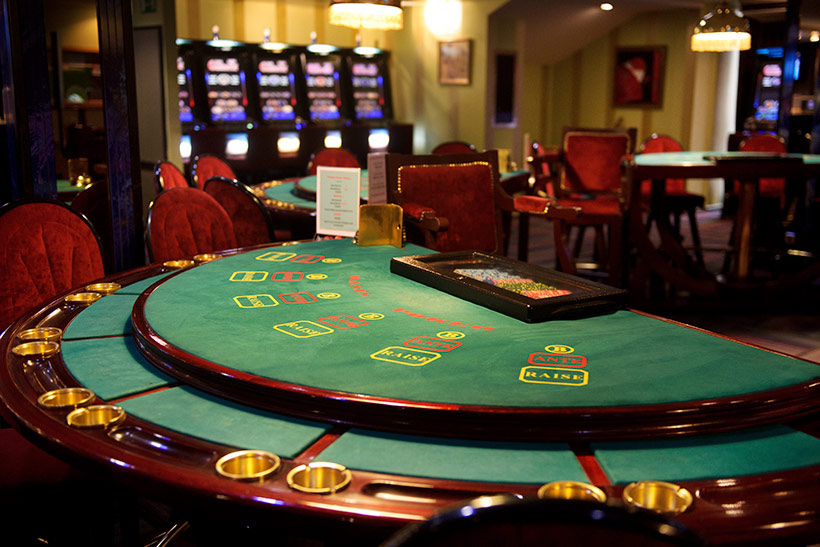The science behind calculating rng slot machine payout percentages untamed science
The Science Behind Calculating RNG Slot Machine Payout Percentages
Game designers can craft slots to have specific odds and thus reliable payout percentages by altering how many reels there are, how many symbols are present and how many paylines are used. There are also games which include additional requirements, such as minimum wagering amounts that players have to hit with each spin if they want to have a chance of taking home the biggest prizes.The Science Behind Calculating RNG Slot Machine Payout Percentages
If you know anything about slot machines, you will probably know that random number generation (RNG) is at the core of how they function.
Of course this surface level of understanding belies the ocean of complexity which lies beneath. If you truly want to make the most of your slot-playing experience, then digging a little deeper makes sense.
In particular it pays to scrutinize the payout percentages professed by slot games, both at bricks and mortar casinos and on the web. So here is an overview of the ways that payout percentages are put together, allowing you to make informed decisions when choosing which slots to play.
What is a payout percentage?
Casino operators are required to provide players with information about how much of its total takings each slot machine will pay out in prizes. This is expressed as a percentage, hence the term ‘payout percentage’.
Payout percentages can vary from game to game, and also alter depending on the minimum that is mandated by the relevant regulators. This is why it is important to only play on reputable, licensed sites. Using the information here on the best slot sites in Pennsylvania, for example, will help you find reliable online casinos to enjoy.
Whatever the payout percentage, so long as it is under 100, the operator will be making money. The crucial point to realize is that this percentage does not apply to every player, but rather falls across the entirety of a machine’s operations.
You should not expect that if you put $100 into a machine with a 95% RTP (return to player) rating, you will receive at least $95 over the course of play. Rather, the total winnings issued are averaged out, so some players will win much more, and some might lose it all. It’s all down to the nature of chance and randomness, which is where RNG comes into the equation.
How is RNG used?
Another point to consider is that RNG rules over the outcome of every spin of the reels in a slot game, but that this is also a technology which ensures fairness.
Randomness is important because it means that it is theoretically possible for a player to win a jackpot on the first spin of the reels. Operators are prohibited from programming games in a way that prevents wins at any point, just as they are required to take cyber threats seriously by regulators.
In a slot context, RNG just means that a random selection of symbols is thrown up when the reels are spun, whether they are mechanical, electronic or virtual. But if slots are not fixed, how can casinos be confident in their calculations of payout percentages?
Adjusting the odds
For centuries, games of chance have been put together by clever people who want to make sure that the house always wins, even if some players also walk away with a lot of loot to their name.
In roulette , for example, the inclusion of the 0 and 00 sections gives casinos that crucial margin within which they can make a profit, which is important in any business .
Things may be more complex when it comes to slot machine odds, but the underlying ideas are very similar.
Game designers can craft slots to have specific odds and thus reliable payout percentages by altering how many reels there are, how many symbols are present and how many paylines are used. There are also games which include additional requirements, such as minimum wagering amounts that players have to hit with each spin if they want to have a chance of taking home the biggest prizes.
Every single slot machine has its own weighting of odds to take into account, and furthermore operators will be required to let you know the payout percentage by which you can determine whether or not you are happy with the risks involved in spinning the reels.
Analyzing variance
Another term to keep in mind when looking at how RNG-powered slots function is variance. This is related to RTP and odds, but is a less complex term to consider, so can demystify slots suitably for average players.
Low variance slots are those which have a higher chance of paying out smaller amounts on a regular basis. High variance slots will have mouthwatering jackpots, but worse odds of actually passing this on to players.
In short, all of the complex calculations of odds, payout percentages and variance should be done for you by the slot machine creator. It is up to you to find this information and absorb it so you can choose games without any ambiguity involved.
Источники:

